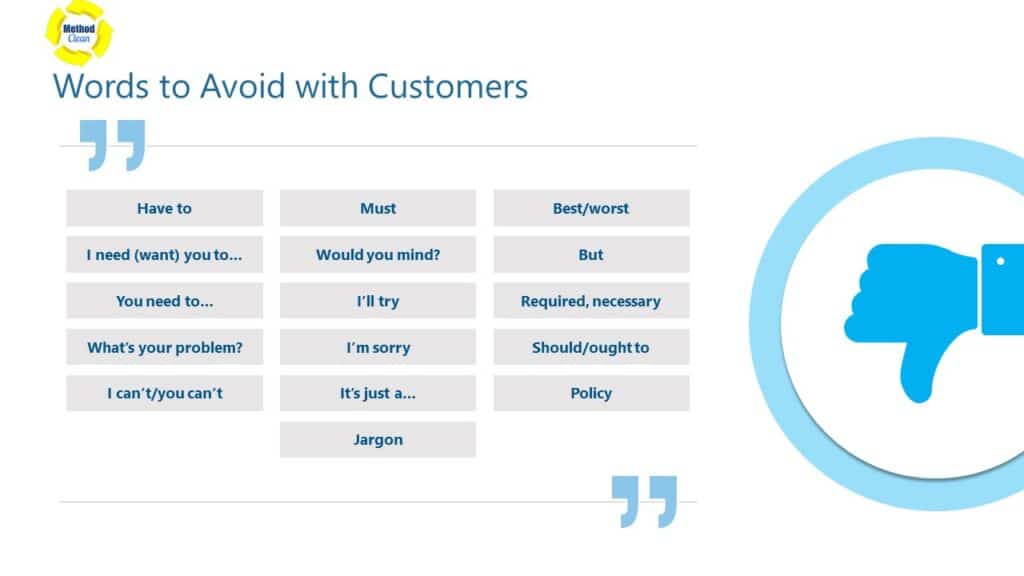Clear Communication: Why Cleaning Services Should Steer Clear of Jargon in Cold Calling
Effective communication is the linchpin that determines success in customer interactions. However, one common pitfall that cleaning service salespeople and owners should be wary of is the use of jargon during cold calls. While jargon can serve as a powerful tool for those within a specific industry circle, it can be a double-edged sword when reaching out to potential clients. In this blog, we’ll explore the reasons cleaning services should avoid the use of jargon in cold calling, delving into the impact it can have on customer relationships and offering insights into fostering clearer communication.
The Pros and Cons of Jargon:
Jargon, often described as technical language shared among those familiar with a particular industry, has its merits and drawbacks. For individuals well-versed in the terminology, it can streamline communication, saving time and effort. However, the flip side of this linguistic efficiency emerges when jargon is introduced to those unfamiliar with its nuances. For customers, being bombarded with industry-specific terminology can lead to confusion, feelings of exclusion, and a sense of being uninformed.
Exclusion and Misunderstanding:
When engaging in cold calls with potential clients, the goal is to establish a connection and convey information seamlessly. Introducing jargon prematurely in the conversation can alienate customers, leaving them feeling disconnected and hesitant to engage further. To avoid this, it is crucial to gauge the customer’s familiarity with industry terms. When in doubt, err on the side of caution and refrain from using jargon until the customer introduces it into the conversation.
Let Customers Take the Lead:
An effective strategy in cold calling is allowing customers to set the tone for the conversation. Rather than bombarding them with technical language from the outset, adopt a customer-centric approach. Listen actively to their needs and concerns, and let them guide the conversation. Once the customer introduces industry-specific terms or jargon, it becomes a cue to incorporate such language judiciously.
Asking Effective Questions:
As we transition into the invite stage of the communication cycle, the focus shifts to asking insightful questions. This stage is pivotal for cleaning service professionals to understand the unique needs and challenges faced by their potential clients. Effective questioning involves steering clear of jargon initially and opting for clear, concise language that resonates with a broader audience.
Conclusion:
In the realm of cold calling for cleaning services, the avoidance of jargon is a strategic choice that can significantly impact customer relationships. By prioritizing clear, inclusive communication, professionals can create an environment where potential clients feel heard, understood, and valued. The invite stage of the communication cycle becomes a platform for asking questions that elicit meaningful responses without relying on industry-specific terminology. In essence, embracing clarity over jargon enhances the likelihood of building lasting connections and fostering a positive reputation in the competitive cleaning services industry.

